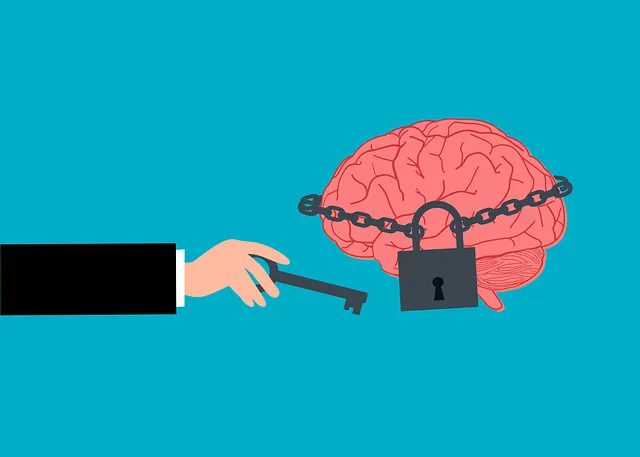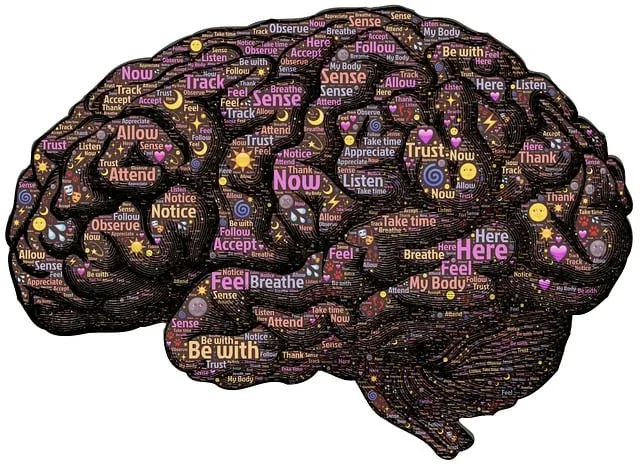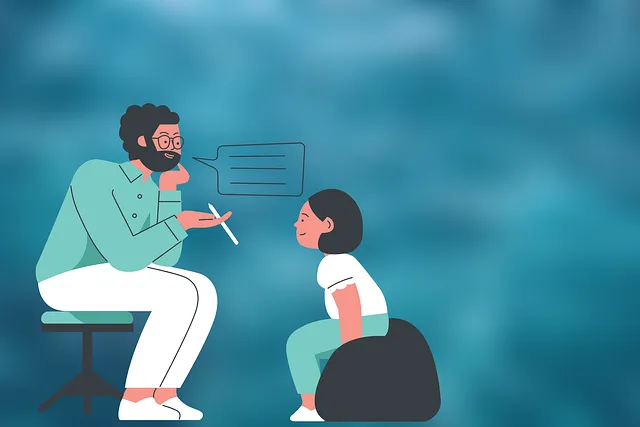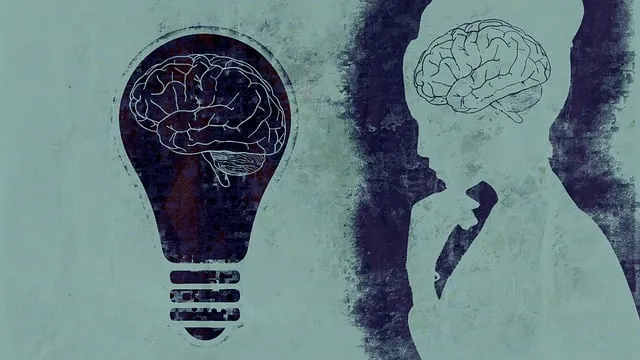Kaiser Permanente mental health Boulder offers evidence-based group facilitation, combining structured sessions with engaging activities to empower residents in navigating mental wellness challenges. Trained facilitators create a safe space through open dialogue, mindfulness practices, and cognitive-behavioral techniques, fostering connection, understanding, and resilience. The program's success is measured through quantitative and qualitative methods, ensuring tailored support for diverse needs and cultural backgrounds while promoting long-lasting mental health habits.
Mental wellness group facilitation plays a vital role in supporting individuals within communities like Kaiser Permanente Mental Health Boulder. This article explores effective techniques for leading such groups, focusing on creating safe spaces and fostering meaningful connections. We delve into key strategies, from understanding the unique needs of Kaiser Permanente clients to measuring success and tailoring support. By examining these methods, facilitators can enhance the impact of group sessions, promoting lasting mental wellness among participants in Boulder and beyond.
- Understanding Kaiser Permanente Mental Health Boulder Group Facilitation
- Key Techniques for Effective Group Sessions
- Creating a Safe and Supportive Environment
- Measuring Success and Individualized Support Strategies
Understanding Kaiser Permanente Mental Health Boulder Group Facilitation

At Kaiser Permanente mental health Boulder, group facilitation plays a pivotal role in fostering mental wellness and promoting emotional well-being among community members. Through structured sessions, facilitators guide participants in engaging with various resilience-building techniques, creating a safe and supportive environment for open dialogue and shared experiences. This approach not only enhances coping strategies but also encourages peer support, enabling individuals to navigate challenges more effectively.
The program leverages evidence-based practices tailored to the unique needs of the Boulder community, focusing on fostering connections and empowering individuals. By combining educational components with interactive activities, facilitators help participants develop effective mental wellness habits, enhancing their overall resilience in a dynamic and inclusive setting.
Key Techniques for Effective Group Sessions

Effective mental wellness group facilitation requires a blend of engaging activities and structured techniques to create a safe and supportive environment in Boulder, as offered by Kaiser Permanente mental health services. One key technique is fostering open dialogue through icebreakers that encourage members to share their experiences, fostering a sense of community and understanding. These sessions can significantly enhance the therapeutic process by normalizing conversations about mental health challenges.
Additionally, incorporating structured exercises like mindfulness practices or cognitive-behavioral techniques tailored for group settings empowers participants with practical tools. Facilitators should also promote self-care routine development for better mental health, ensuring members leave each session with actionable strategies to manage stress and maintain resilience. Healthcare provider cultural competency training is integral to this process, enabling facilitators to address diverse needs within the group dynamic.
Creating a Safe and Supportive Environment

Creating a Safe Space for Healing at Kaiser Permanente Mental Health Boulder
One of the most effective ways to facilitate mental wellness groups is by cultivating an environment that feels safe and supportive. At Kaiser Permanente Mental Health Boulder, this involves fostering a non-judgmental atmosphere where all participants feel seen, heard, and valued. Group facilitators play a crucial role in setting the tone through active listening, validating emotions, and encouraging open dialogue. By prioritizing emotional intelligence among mental health professionals, we can help individuals build resilience and trust within the group dynamic.
This safe haven is further strengthened through clear communication protocols, structured meeting agendas, and consistent risk management planning. The Mental Health Policy Analysis and Advocacy team at Kaiser Permanente ensures that these practices align with best practices in the field, addressing potential risks while empowering participants to share their experiences. Such a supportive environment facilitates meaningful connections, encouraging individuals to take emotional risks and support one another on their journeys towards mental wellness.
Measuring Success and Individualized Support Strategies

Measuring success in mental wellness group facilitation is a multifaceted approach tailored to the unique needs of each participant. Facilitators at Kaiser Permanente mental health Boulder utilize various methods, such as pre- and post-program assessments, individual reflection journals, and peer feedback sessions. These tools help gauge progress, identify areas for improvement, and ensure that Stress Reduction Methods are accessible and effective for all group members. By measuring success both quantitatively and qualitatively, facilitators can adapt their support strategies to address specific Mental Illness Stigma Reduction Efforts.
Individualized support is a cornerstone of successful group facilitation. Facilitators at Kaiser Permanente mental health Boulder employ techniques that cater to diverse learning styles, cultural backgrounds, and emotional needs. This may include offering one-on-one check-ins, providing additional resources for those who need them, or incorporating creative expression activities for participants who benefit from alternative Stress Management Workshops Organization methods. The goal is to foster an inclusive environment where each individual feels heard, validated, and empowered to manage their mental health effectively.
Kaiser Permanente’s mental health group facilitation in Boulder offers a powerful approach to supporting individuals’ well-being. By mastering techniques like active listening, fostering open communication, and creating safe spaces, facilitators can lead transformative sessions. This holistic process, tailored to each participant, ensures that the group environment enhances their mental wellness journey. Incorporating these strategies enables Kaiser Permanente to provide effective group support, leaving a lasting positive impact on the lives of those seeking help in Boulder.






